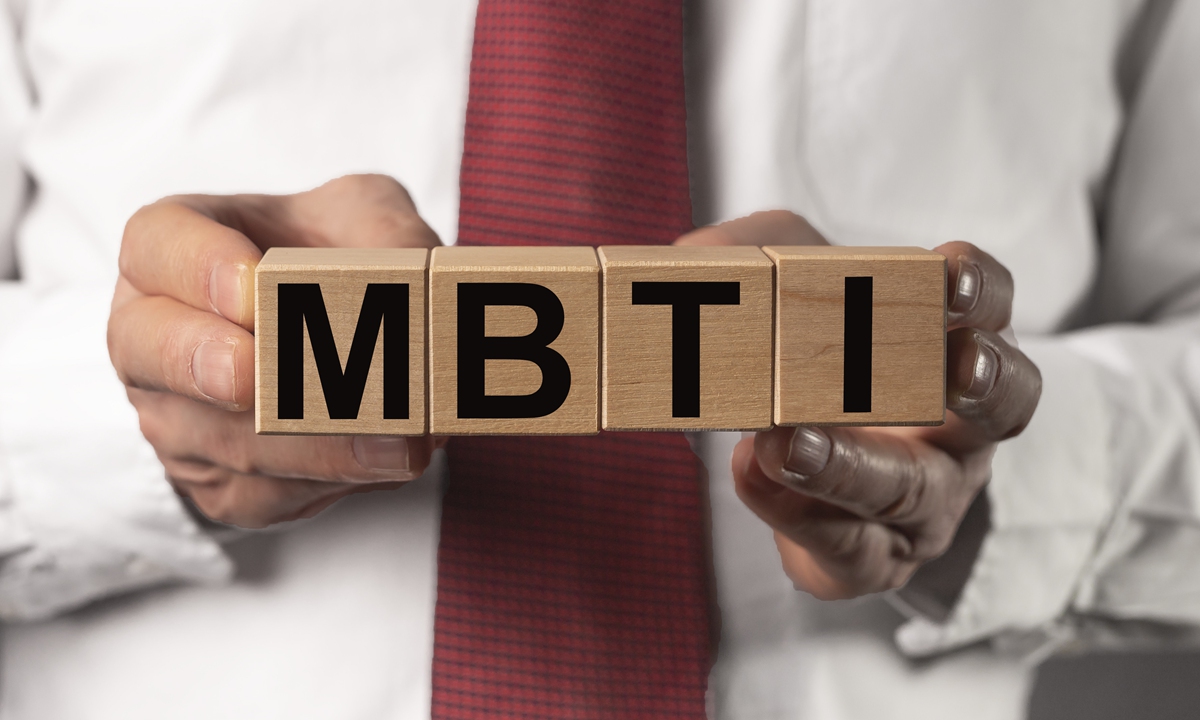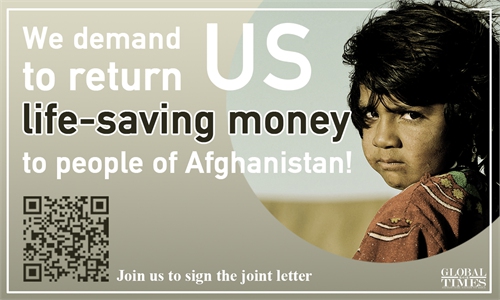
Photos: IC and VCG

Photos: IC and VCG
Are you an architect or an entrepreneur? If someone has asked you this on Chinese social media recently, chances are they aren't really interested in your job as these professions actually refer to personality types in a personality test known as MBTI, which has risen to popularity on social media and, more importantly, in the job hunting sector as well.
MBTI, short for Myers-Briggs Type Indicator, is an introspective self-report questionnaire indicating differing psychological preferences in how people perceive the world and make decisions. The test attempts to assign one of two labels within four categories: introversion or extraversion, sensing or intuition, thinking or feeling, judging or perceiving.
Right for the job?
Topics related to MBTI have earned more than 1 billion views on China's Twitter-like Sina Weibo. The test has left young Chinese scrambling to answer dozens of questions in order to learn what kind of personality they have and what profession they should pursue.
Besides the MBTI test, other personality tests are being widely used as references by employers with the aim of understanding applicants more deeply and effectively.
Ning, who was once a senior executive at a national-level media company, told the Global Times on Wednesday that some of the questions in the personality tests are in line with actual work scenarios and the answers an interviewee gives can reflect their sentiment and problem-solving ability. As such, the results can often help the HR department decide if an applicant is a match for the position.
Many international enterprises such as General Electric and Standard Oil and Life Insurance Company also require applicants to complete a personality test before deciding whether to recruit them, the China News Service reported recently.
The report said that at first companies used these tests in job interviews, CEO self-assessments and to judge whether they should charge a person more for life insurance based on their personality type. Later, candidates began including their test results in their CVs and using MBTI terms to market themselves.
"The HR department may be hesitant to hire someone who didn't pass their test," Ning said.
However, she pointed out that this type of talent selection requires that a company have a well-developed talent training and development mechanism.
"Otherwise, it will be useless."
Not a standard
"I heard of the trend," Zhao Sanping, a Beijing-based employment lawyer, told the Global Times on Wednesday.
"Companies should use these tools in moderation and should not include them in contracts."
Zhao noted that personality tests should just be used as references instead of treating them as some sort of standard. Chinese companies can use it internally to get a more well-rounded understanding of applicants, but should not publish the results or reveal that an applicant was turned down because of their personality.
"Such behaviors could be seen as hurting an applicant's reputation," Zhao added.
Some fresh graduates who are not used to such tests doubt their veracity as the results they get do not match with the evaluation of themselves.
Master's graduate Zou, who has spent the past year looking for a job, is one of them. The tests she has encountered in job hunting over the past dozen of months have been "a bit unfair" to her.
"I was screened out because my personality did not match the job description," she noted.
According to MBTI, Zou has an "ENFP" personality, which is supposedly suitable for jobs that involve selling or creativity.
"I've received several job offers as a salesperson in a store, but these are not what I want out of my career so I turned them down."
For the positions she applied for at an internet company and a marketing company, she was able to arrange interviews but was turned down during the personality test phase.
"It might be a perfect way and also the most economic way for companies to find a suitable person quickly, but personally, I don't think it is a good idea as it limits one's career to a specific direction just through a single test," Zou told the Global Times.
The MBTI has also entered the vocabulary of young Chinese as they talk to each other. Acronyms such as ENFJ and ISTP for certain personality types have become signals among many young people looking for those with similar personalities.
Emojis for different MBTI personality types have even become quite popular on social media platforms.
Those who support the use of such tests say they help them discover what they are best suited for, while the opposition holds that it is wrong to force people into a single mold as no one can really be defined.



